Brought to the table: Students experience insensitivity, racist jokes, N-word
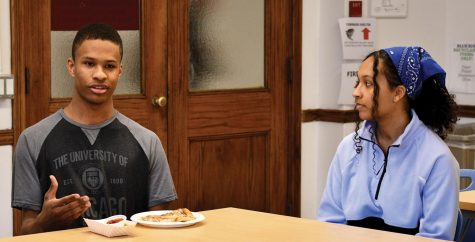
SPEAKING OUT. Sophomore Brent Pennington and senior Lauren Smith participates in the round table discussion hosted by the Midway in the journalism suite March 3. Senior Sydney Rogers, junior Cole MacSwain and freshman Jordan Rogers joined Brent and Lauren in discussing their experiences as black students at Lab over the years.
With the goal of showing the range of experiences, the Midway sat down with five students from all four grades in the high school to hear from their perspective, what it is like to be a black student at Lab. The conversation has been lightly edited only for clarity to allow these students to share their stories and opinions in their own words.
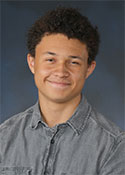
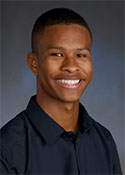
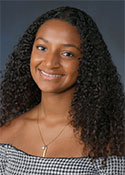

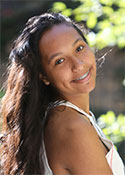
Midway: How would you describe your own personal experience at Lab, both in class and out of class?
Brent: I mean, in general, for me, there hasn’t been too many negative aspects about being black at Lab, specifically, because as a black person, the main thing that would annoy me in everyday life would be the aspect of racism. However, racism comes from ignorance. And at Lab, there’s not that many truly ignorant people who wouldn’t at least listen to your side of an argument. And because of that, there’s very little of that, like, “Oh, I want to present something. Oh, that was accidentally racist.” There’s a lot of accidental racism, but not directly saying, “Oh, I truly believe this.” And or at least in my perspective, like I haven’t, seen, I mean, I’ve heard bad things but like, in general, in my world that’s the experience.
Cole: I definitely agree. I think a lot of the even just delayed racism of any kind has come from a place of a good intention and they’ve just said something that they didn’t quite mean. But outside of students I’ve had certain teachers who have absolutely said things that could not have been anything other than hurtful and meant to be hurtful.
Sydney: Yeah, I think a lot of the times things are said, like racist things are said, and I’ve seen a lot of black kids kind of like, excuse the fact that it’s racist because we want to see the better thing. Some people are kind of just like, “oh, they didn’t mean to say” especially… like, if it’s our friend and they were joking, like said a racist joke. You don’t want things to be awkward. So that’s kind of what happens a lot here.
Lauren: One time, a student was, like, “Oh, you’re black. So your life must suck.” So that was an incident that I faced. Or like, the little things where you’re talking about slavery, and then everyone looks at you or the teacher expects you to say something because you’re black.
Cole: One of my biggest issues has been when, in a class when we’re learning about slavery, if you’re the only black in that class, you suddenly have the weight of all of the history on your back, right? Like, if you say something, then everyone will just assume that goes for all of the history you’ve been learning. And that’s definitely a kind of dangerous spot to be in.
Midway: Do you think it has gotten better or worse as your time at Lab has progressed?
Lauren: To be honest, I think it might have gotten worse based on the incidents that happened in high school.
Cole: Yeah, I think it’s gotten worse because people in high school feel like they can be more open, more free about what they say. I don’t think the actual level of racism has changed at all. I think people are just more willing to say things that are hurtful.
Sydney: Yeah, I think especially with the younger grades, like, I’ve heard my sister has gone through some things where people say racist jokes and kind of think they’re OK because our school is very open about what we think. I think it might have gotten worse. There’s been certain things I’ve heard. Even throughout the college process I’ve heard people say, like, they wish they were black, you know, so they can get into schools and stuff. And like people don’t realize it’s not really OK to say because there’s things that come with being black, and you know, we kind of excuse people.
Jordan: At least in my grade, I think it’s pretty bad. I feel like almost every day I hear a racist comment and it’s because they are trying to joke or something. But it happens in class because they are so comfortable with it.
Brent: Lauren, I have a question for you. When that happened to you, what grade were you in?
Lauren: I was in seventh grade. He doesn’t go here anymore.
Midway: When that did happen to you, how did you react?
Lauren: I think I was like so shell-shocked because I hadn’t really experienced racism where like, they explicitly say it to your face, it’s more like stuff that’s kind of disguised. So I didn’t really know what to say after he said that except just being disgusted with him.
Sydney: Also I think since there’s not that many black people at the school, you know, like, if you say something against someone it makes it a little bit uncomfortable. I think it makes it harder to stand up for black people because there’s not that many here.
Jordan: I’ve had a recent experience where somebody in my grade actually said the N-word with the hard “e-r”. And I was, like, why would you say that? And he kept saying it, and he was very comfortable with it, he had no shame. And he was like “Well I’m Mexican” and I was like, “I don’t think that’s OK.”
Brent: Like he was saying it to you?
Jordan: To my face. It was at the lock-in.
Sydney: Was he taunting you or was he, like, calling you?
Jordan: In my grade, they bring it up out of context. Like they say it to get a reaction out of me.
Midway: Was that one of your friends?
Jordan: Well not my friend but someone I know and have talked to a lot. They just do it for a reaction and then I reacted and then he said I was overreacting and everyone else was saying I overreacted. He continued to say it. There wasn’t anything to do.
Sydney: Yeah I think it’s getting really bad like the younger grades because I think they’re definitely more bold. I think the older grades, like, of course we’re more mature and they kind of, like, know what’s good or bad, but I think the younger grades kind of act out, trying to get attention.
Midway: When incidents like these happen do you feel comfortable reporting it to the administration?
Jordan: I would say no because I just feel like nothing really happens. Even the most recent incident (in December), nothing’s on his record or anything, he’s perfectly fine.
Cole: And I know of instances where things have been brought to administrators and people in power and simply nothing has been done.
Jordan: In middle school people would report people and nothing would happen. They would just get a little talk and it would be the same.
Lauren: And then you can’t talk about it if you do bring it to the administration like they say “Oh don’t tell anyone else.”
Midway: Because they don’t want other people to find out that that’s happening at this school?
Lauren: Yeah.
Jordan: Because their whole thing is diversity.
Brent: Oh yeah. In their diversity reports – they send these out to colleges – they just say that there are 59%, white, and then the rest are people of color. 23% of that is Asian and then there was like 5% African-American and I was, like, we’re just, like, underrepresented. They’re just like small slivers. I’m just understanding the fact that people of color quote-unquote, and people who are disadvantaged in this, from a social standpoint, are two very different things. Just saying people of color is trying to, like, kind of emanate the same, like, feeling that disadvantages are, but at the same time this is not true. Understanding that certain people of color are going to have a bigger advantage in society than people of another certain color within that group. And just, like, understanding that, “Oh, we’re technically more diverse than most schools are because we have a lot of people of color.” Well, if you go in Lab school, you’re gonna find maybe one black person or Mexican person per every 20 people you see.
Lauren: My friends and I just for fun counted the other day, and I think we stopped at 10 and we were just like, wait, no, there has to be more. But there wasn’t any more, at least in our grade.
Midway: When you guys were talking about incidents that happen in the classroom and teachers say things that are inflammatory, do you feel comfortable responding then?
Cole: My freshman year I had a teacher who, one, said the N-word – like just said it. And two, who referred to black people as the “Negro race.” And despite my email, despite my going to Campos, she was allowed to continue to teach that exact same lesson in the exact same way. So the issue isn’t even whether or not you’re comfortable, which I think in general would be no, but even if you feel comfortable, the result is the same.
Midway: What did Ms. Campos say when you emailed her?
Cole: She said, exactly, “We will watch out for it next year.” And then when students came to her next year with the exact same issue, nothing was done.
Nikhil Patel participated in facilitating the roundtable.
The Midway reached out to Dean of Students Ana Campos, who offered this statement: “I am devastated that Cole recalls this as his experience. I take student reports of concerns very seriously and always report them to the Principal since they supervise the faculty. -Ms. Campos”




















































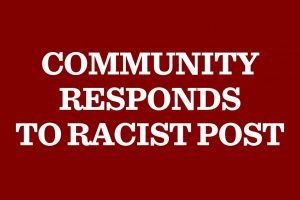


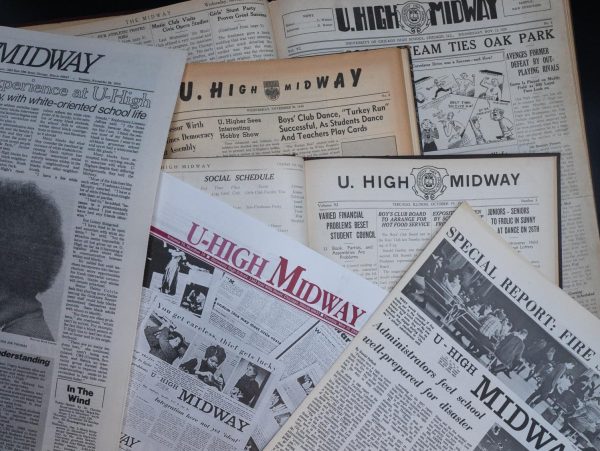

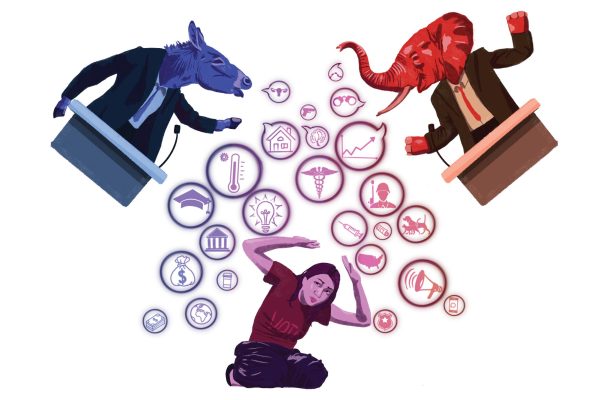
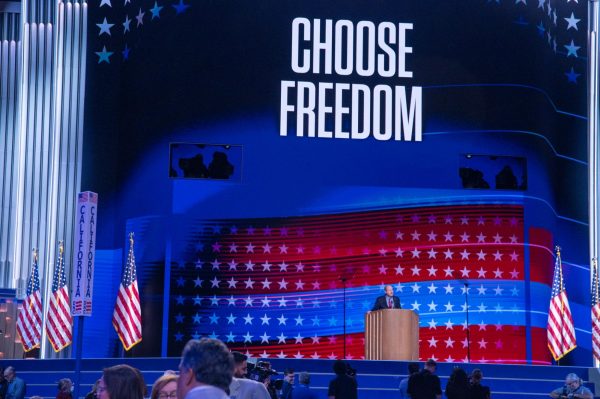

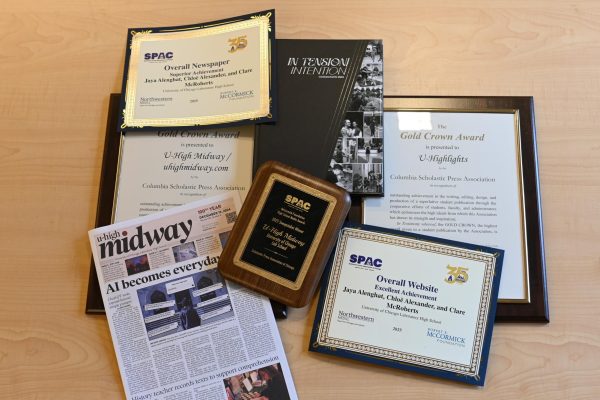

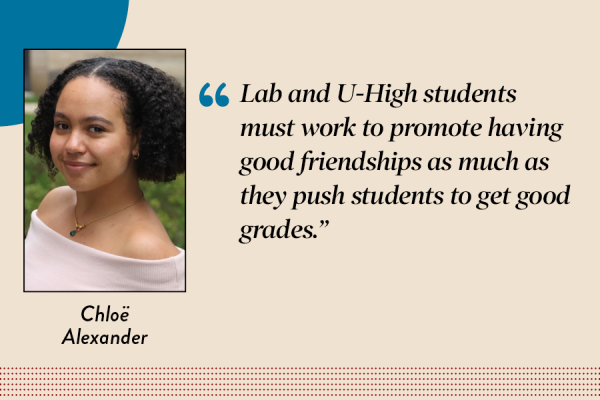
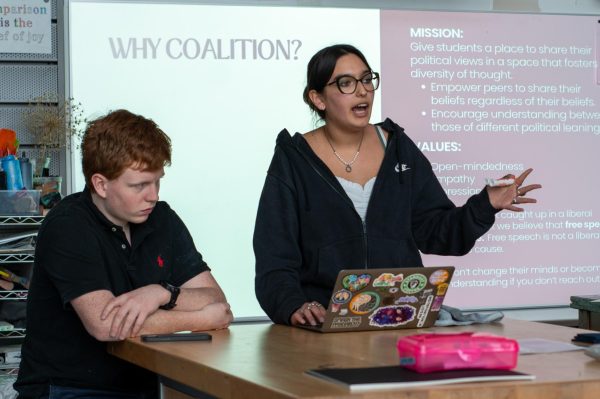
Cooper Frederick • May 22, 2020 at 11:00 pm
Is black a race?